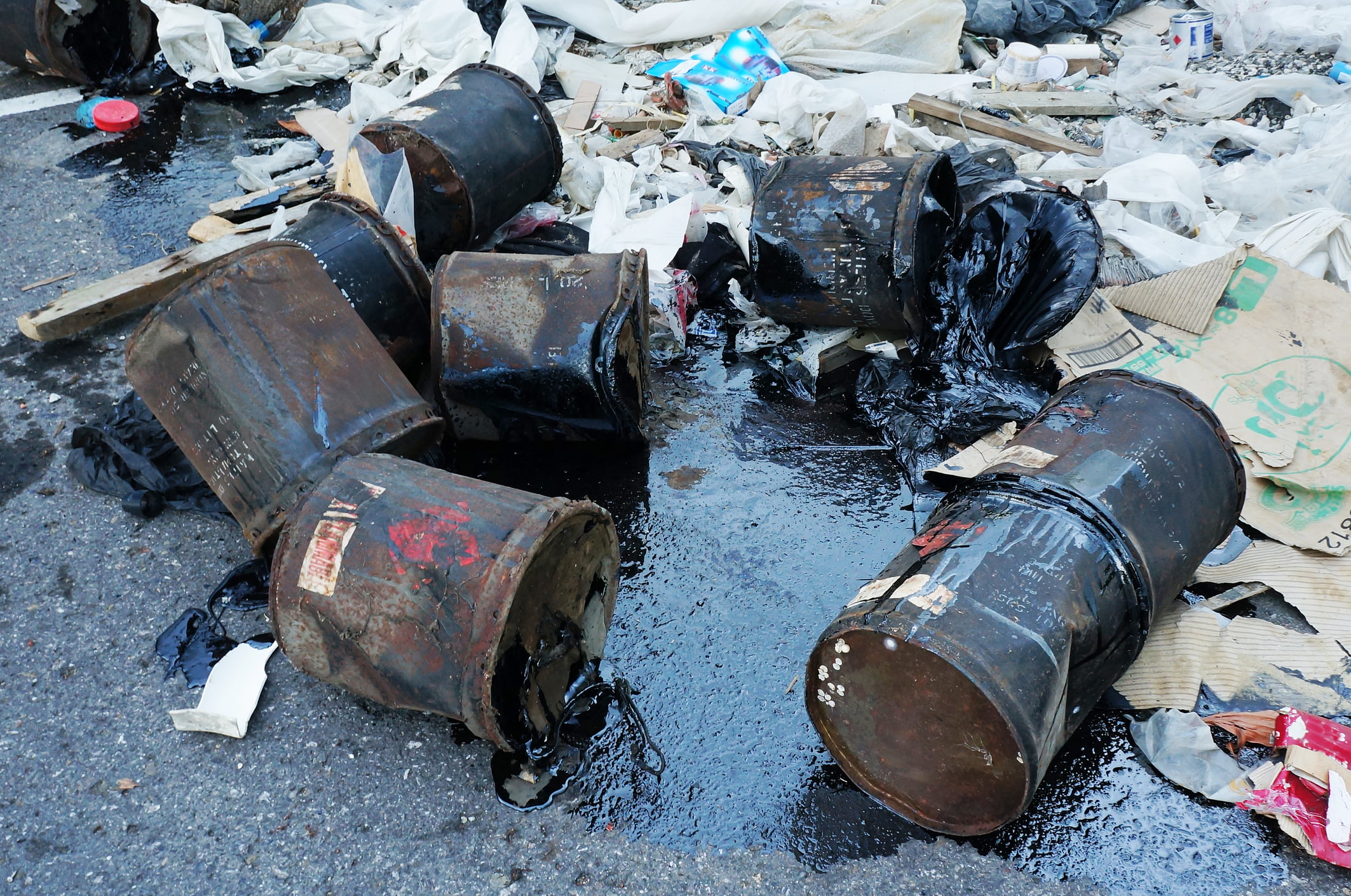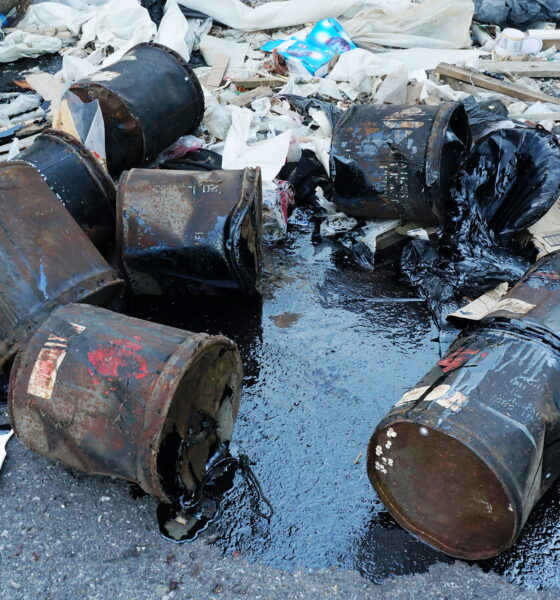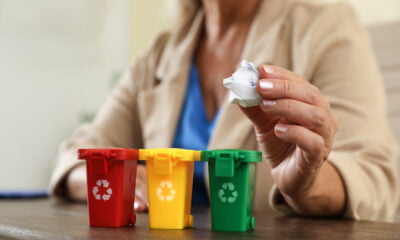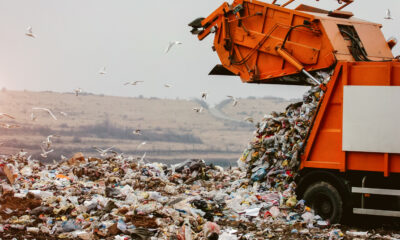

Environment
Hazardous Waste Management is a Crucial Business Practice
A manufacturing process that minimizes waste and has a minimal negative impact on the environment is known as sustainable manufacturing. Manufacturing companies are under increasing pressure to recycle and reuse waste as industrial waste materials accumulate more quickly than they can be removed.
By 2050, the World Bank predicts that there will be 3.40 billion metric tons of trash generated globally. Using proper waste management techniques to swiftly and successfully lower this figure is essential. This article outlines how adequate hazardous waste management could benefit the environment and businesses.
What Is Hazardous Waste?
The physical, chemical and biological characteristics of hazardous waste produce toxic, radioactive, infectious, corrosive, ignitable, or reactive compounds. Hazardous waste is dangerous and has numerous side effects that have an adverse long-term influence on both human health and the environment. Used batteries and rubbish generated during industrial manufacturing are two examples of various sources of hazardous waste.
Numerous types of waste are created, including sludge, solid, gas, and liquid. It is important to be aware of the most hazardous types of waste, so you can prioritize dealing with them.
Benefits Of Hazardous Waste Management:
Managing hazardous waste has numerous economic and environmental advantages when it comes to waste disposal.
Habitat Protection:
The improper disposal of hazardous waste, including solvents and heavy metals, can result in the seepage of poisonous compounds into the soil, contaminating water sources and the habitats of numerous local animals. These compounds can significantly harm the local ecosystem once absorbed into the earth, they are very difficult to remove. Recycling hazardous waste lowers this risk and aids in maintaining the wildlife’s delicate balance in the area. This can be especially important when you are managing liquid waste, since it can be difficult to remove later if you let it seep into the environment.
Reduced Raw Material Consumption:
Recycling hazardous waste means fewer raw materials are required for production. This is especially advantageous because it lessens hazardous waste production, maintaining a steady level or reducing the amount of hazardous waste in the environment. This is not only good for the environment, but it’s also good for your wallet. Recycling makes manufacturing more efficient, lowering the price of raw materials and retail costs.
Lower Emissions:
Since fossil fuels are a finite resource, protecting them is crucial. Because recycling uses less energy than production, fewer fossil fuels will be used, and your supplies will last longer. The amount of harmful emissions, such as carbon dioxide, that are discharged into the atmosphere are lowered by reducing the amount of fossil fuels burned in producing hazardous products.
Ways Businesses Can Manage Hazardous Waste:
As waste generation increases, it is crucial to plan solid waste management and securely and effectively control waste expenses. The following are some ways that business owners can use to manage hazardous waste:
- Get hazardous waste generators: Hazardous waste generators determine if the waste is hazardous. The generators thoroughly record the hazardous waste generated and attest that the treatment is appropriate, monitored, and identified before disposal or recycling.
- Use hazardous water transporters: Transporters convey hazardous waste from generators to where it will be disposed of, stored, processed, or recycled.
- Focus on adequate disposal, storage, treatment, and recycling of hazardous waste: The advantages of recycling hazardous waste are numerous. To avoid contaminating soil and drinking water, waste products that require treatment and disposal must be stored properly. Fires, leaks, and spills are also avoided with proper handling and storage.
- Consider geological consulting: Geological consultants will guarantee that waste management practices for implementing and managing hazardous waste comply positively with federal and state regulatory criteria.
Final Thoughts
One of the most important environmental challenges in recent decades is waste management. It has been observed that factors such as population growth, industrialization, and urbanization all contribute to increased waste production. The objectives for properly managing hazardous waste should be met by implementing practices that affect operational, process, and product design principles.


 Environment12 months ago
Environment12 months agoAre Polymer Banknotes: an Eco-Friendly Trend or a Groundswell?

 Features11 months ago
Features11 months agoEco-Friendly Cryptocurrencies: Sustainable Investment Choices

 Features12 months ago
Features12 months agoEco-Friendly Crypto Traders Must Find the Right Exchange

 Energy11 months ago
Energy11 months agoThe Growing Role of Solar Panels in Ireland’s Energy Future




























